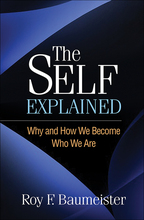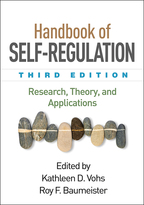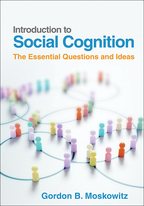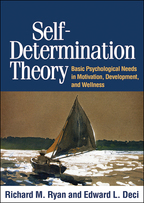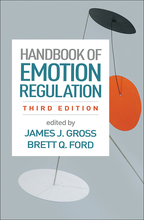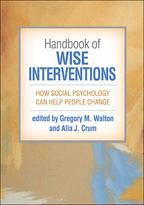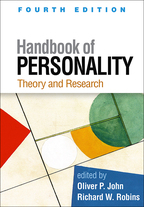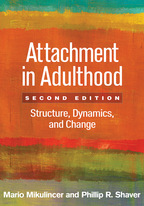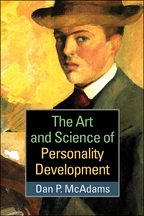Breaking Hearts
The Two Sides of Unrequited Love
Roy F. Baumeister and Sara R. Wotman
HardcoverPaperback
Hardcover
orderOctober 16, 1992
ISBN 9780898625431
Price: $79.00 241 Pages
Size: 6" x 9"
Paperback
orderAugust 5, 1994
ISBN 9780898621525
Price: $34.00 241 Pages
Size: 6" x 9"
Read a Q&A with featured author, Roy F. Baumeister!
Throughout history, unrequited love has inspired ballads, arias, poetry, drama, and literature. Almost always, however, the tale of the “star-crossed lovers” has been told from the point of view of the heartbroken pursuer. This illuminating new work explores unrequited love from both sides—that of the aspiring and eventually brokenhearted lover, and more unusually, that of the beloved, unwilling rejector. Based on systematically collected first-person accounts, BREAKING HEARTS shows how radically different and often contradictory the two experiences actually are.
Blending scientific research with vivid narrative, the book utilizes current psychological theories about relationships, interdependence, attachment, and communication to provide careful analysis of the sometimes amusing and often heartrending stories people tell about their love lives. The central focus is the subjective experience: What it feels like to love someone who does not love you in return, and what is it like to be pursued by someone whose attentions you wish to discourage. Demolishing pat theories about human fulfillment coming from loving or being loved, this valuable counterweight to traditional studies explores the other, darker side of love to show that it is the mutuality of affection that is crucial to happiness.
A particularly valuable feature of BREAKING HEARTS is its unprecedented treatment of the rejector's experience. Known only from the unreliable perspective of the would-be lover, the elusive “heartbreaker” has remained an enigma. Here, perhaps for the first time, rejectors tell what it is like to be loved in vain. They describe their inner turmoil, pervasive uncertainty about how to act, and distressed reluctance to inflict harm. They grapple with the paradox of believing themselves to be morally innocent yet feeling profoundly guilty, and describe powerful feelings of exasperation and helplessness when the admirer refuses to take no for an answer. Contrary to stereotypes, the rejectors describe their experiences more negatively than the heartbroken lovers. For the would-be lover, the encounter was a high-stakes gamble, with possible outcomes ranging from tortured pain and humiliation to ecstatic bliss and fulfillment. To the rejector, it was a no-win proposition that offered only vexation and trouble.
Throughout, chapters deal with the separate roller-coaster ordeals of two people—the ups and downs of self-esteem, struggles over guilt and justification, and the systematically discrepant versions of what actually occurred. Lessons people learn from being either willing or unwilling participants in unrequited love are discussed, as are the ways in which they change following such episodes.
BREAKING HEARTS presents careful research in an engaging style that will be accessible to all. Social scientists interested in marriage, family issues, emotion, self esteem, guilt, and human coping will find the book illuminating. It will obviously be of interest to anyone who has experienced unrequited love, and is fascinating reading for those seeking new insights into the tragicomic mystery of romance.
Blending scientific research with vivid narrative, the book utilizes current psychological theories about relationships, interdependence, attachment, and communication to provide careful analysis of the sometimes amusing and often heartrending stories people tell about their love lives. The central focus is the subjective experience: What it feels like to love someone who does not love you in return, and what is it like to be pursued by someone whose attentions you wish to discourage. Demolishing pat theories about human fulfillment coming from loving or being loved, this valuable counterweight to traditional studies explores the other, darker side of love to show that it is the mutuality of affection that is crucial to happiness.
A particularly valuable feature of BREAKING HEARTS is its unprecedented treatment of the rejector's experience. Known only from the unreliable perspective of the would-be lover, the elusive “heartbreaker” has remained an enigma. Here, perhaps for the first time, rejectors tell what it is like to be loved in vain. They describe their inner turmoil, pervasive uncertainty about how to act, and distressed reluctance to inflict harm. They grapple with the paradox of believing themselves to be morally innocent yet feeling profoundly guilty, and describe powerful feelings of exasperation and helplessness when the admirer refuses to take no for an answer. Contrary to stereotypes, the rejectors describe their experiences more negatively than the heartbroken lovers. For the would-be lover, the encounter was a high-stakes gamble, with possible outcomes ranging from tortured pain and humiliation to ecstatic bliss and fulfillment. To the rejector, it was a no-win proposition that offered only vexation and trouble.
Throughout, chapters deal with the separate roller-coaster ordeals of two people—the ups and downs of self-esteem, struggles over guilt and justification, and the systematically discrepant versions of what actually occurred. Lessons people learn from being either willing or unwilling participants in unrequited love are discussed, as are the ways in which they change following such episodes.
BREAKING HEARTS presents careful research in an engaging style that will be accessible to all. Social scientists interested in marriage, family issues, emotion, self esteem, guilt, and human coping will find the book illuminating. It will obviously be of interest to anyone who has experienced unrequited love, and is fascinating reading for those seeking new insights into the tragicomic mystery of romance.

